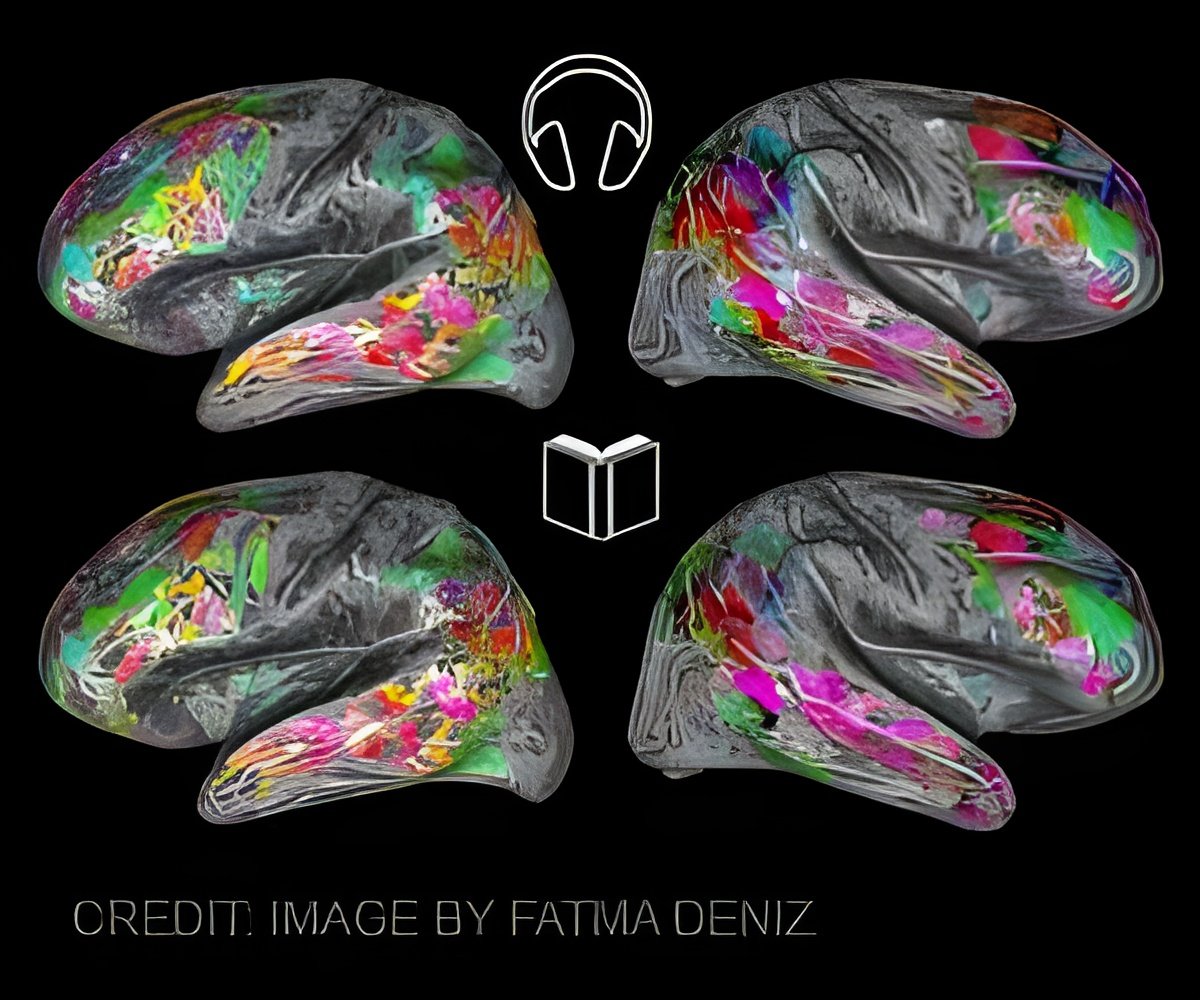Injecting a special drug RG108 diminished addictive behavior, which was observed due to gene alteration after using certain drugs.

Moshe Szyf, a professor in the Faculty of Medicine at McGill, asserted that they inherit genes from parents and these genes remain fixed throughout life and are passed on to children. Therefore, very little can be done to change adverse genetics changes that are inherited.
Szyf said that in contrast, epigenetic marks such as DNA methylation act as switches and dimmers of genes, they could be switched on, off, or dimmed by epigenetic drugs inhibiting DNA methylation and removing methyl marks from these genes.
The team used a rat model of incubation of cocaine craving, in which rats were trained to self-administer cocaine which was cued by a specific light or sound. This drug craving or "addictive" behavior was tested after either 1 day or 30 days of withdrawal from cocaine. Following the long withdrawal, the rats developed an intense drug seeking behavior when exposed to the cue. It was after a lengthy period without the drugs that the epigenetic changes were most evident.
Szyf added that they discovered that injecting the drug RG108 just before the animals were exposed to the light cue after the long withdrawal not only stopped the addictive behavior of the animals, it also lasted for a longer period and this suggested that a single treatment with RG108 could reverse or perhaps cure drug addiction.
Source-Medindia















